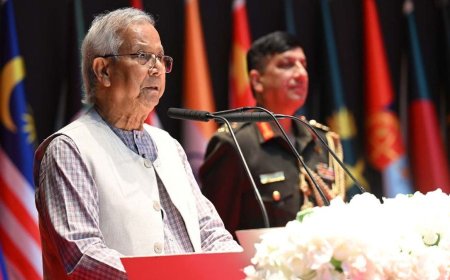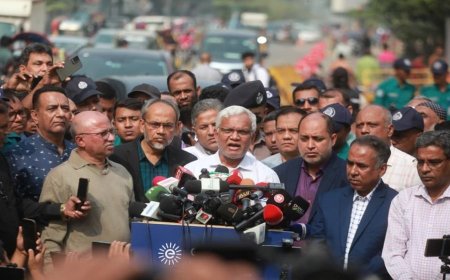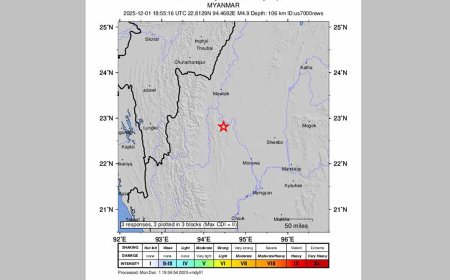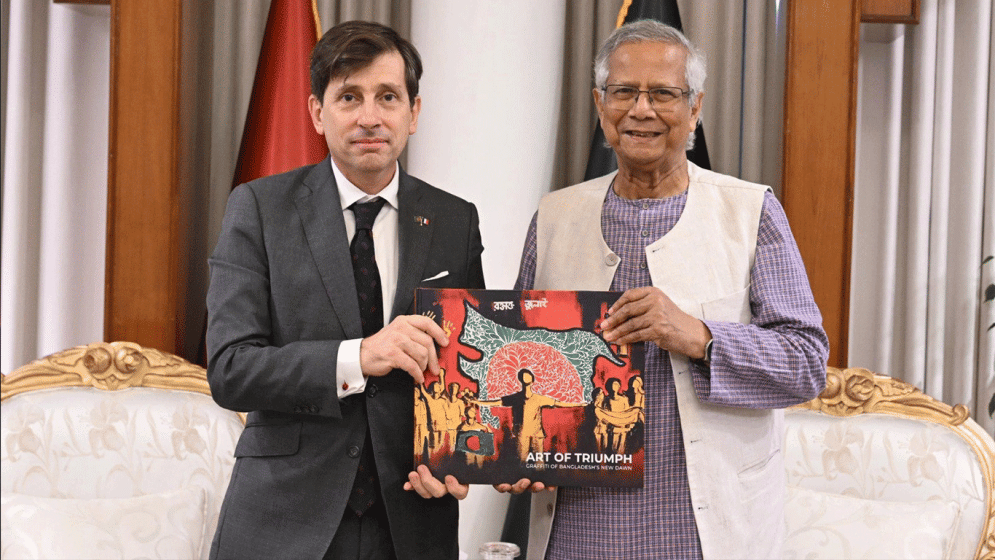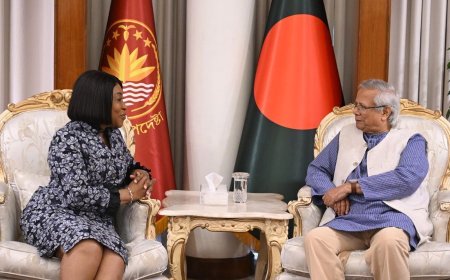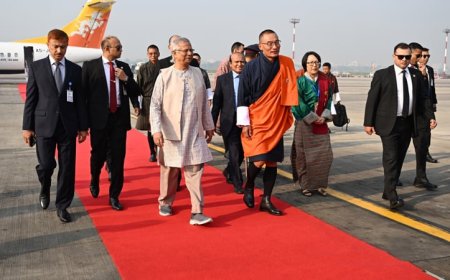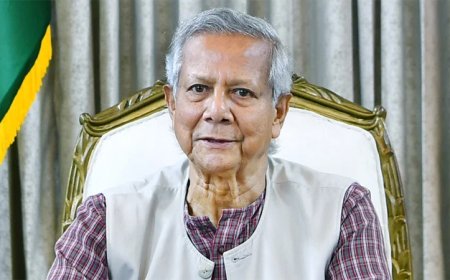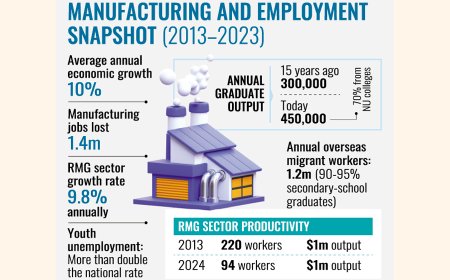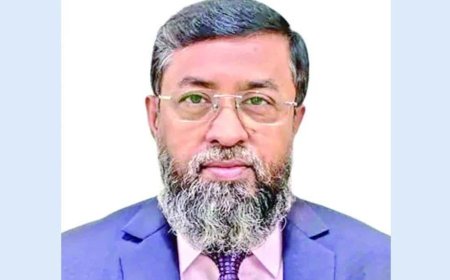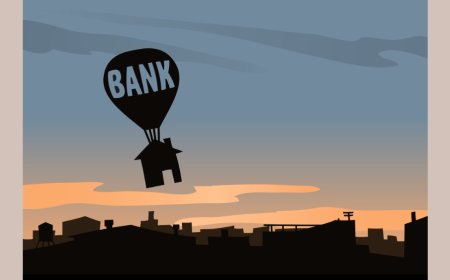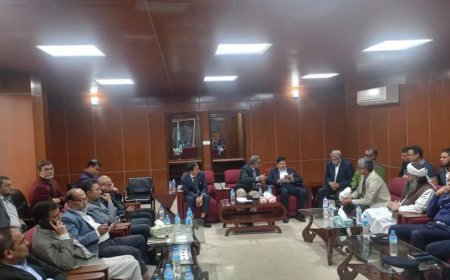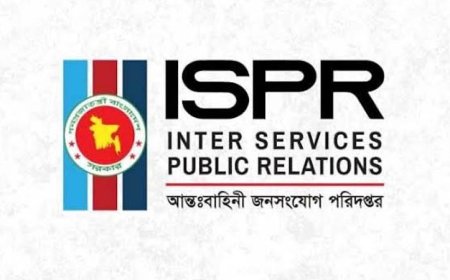Delays in prioritizing implementation and disagreements over appointments
Delays in prioritizing implementation and disagreements over appointments
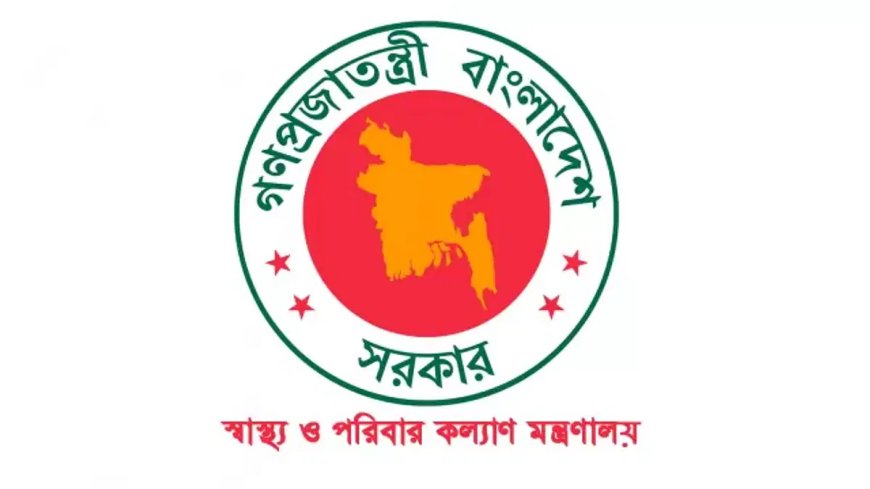
Challenges and Reforms in Bangladesh's Health Sector Under the Interim Government
Treatment of Injured Protesters
The interim government prioritized ensuring proper treatment for those injured during the student-people movement in July and August, but significant gaps remain despite various efforts.
- Government Statistics: 872 people were reported martyred, and 19,931 injured during the uprising, though the figures are yet to be finalized.
- Public Protests: Injured protesters staged demonstrations at the National Institute of Traumatology and Orthopaedic Rehabilitation (NITOR) and other locations, demanding better treatment, financial aid, and government attention.
To address these grievances, the government initiated policies, established the July Shaheed Smrity Foundation, and provided free treatment and financial support. In some cases, critically injured individuals were sent abroad for treatment or received consultations from foreign specialists.
Leadership Challenges and Political Conflicts
Since the change in government, the health sector has faced disputes over promotions, appointments, and transfers, leading to unrest among physicians:
- Appointments: Pro-BNP and pro-Jamaat physicians, represented by the Doctors Association of Bangladesh (DAB) and National Doctors Forum (NDF), are vying for key positions previously dominated by pro-Awami League group Swadhinata Chikitshak Parishad (SWACHIP).
- Controversies: Disputes over appointments, such as that of Professor Robed Amin as Director General of Health Services (DGHS), have obstructed administrative progress.
- Transfers: Physicians transferred to new postings have faced opposition from local colleagues, creating volatile situations in hospitals and colleges.
Corruption and Governance Issues
The health sector has long been plagued by irregularities, particularly in appointments, promotions, and procurement. Under the previous Awami League government, appointments were often politically motivated, and procurement processes were marred by corruption.
The current interim government has yet to fully address these challenges, with experts observing the continued dominance of professional organizations, which contradicts the aspirations of the mass uprising.
Expert Opinions
- Civil Society: Kazi Saifuddin Bennor of Sushasther Bangladesh emphasized the need for better coordination in the transfer and promotion of physicians and flagged the persistent issue of corruption in the health ministry.
- Professional Rivalries: Representatives of DAB and NDF have called for fair appointments, rational decision-making, and the inclusion of competent individuals in leadership roles.
Broader Reforms and Future Plans
In its first 100 days, the interim government has outlined several measures, including:
- Drafting policies for proper treatment of the injured.
- Unveiling action plans through the health ministry and the July Shaheed Smrity Foundation.
- Addressing governance gaps by replacing key officials, including health secretaries.
However, unrest in hospitals and colleges, coupled with political interference, continues to hamper progress. A senior health ministry official acknowledged that some transfers and appointments are driven by personal disputes rather than merit, further exacerbating the situation.
Conclusion
While the interim government has taken steps to reform the health sector and address grievances from the uprising, challenges persist. Political rivalries, governance lapses, and administrative conflicts underscore the need for sustained efforts to ensure transparency, fairness, and effective healthcare delivery.
What's Your Reaction?








